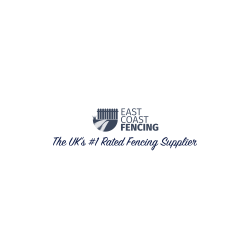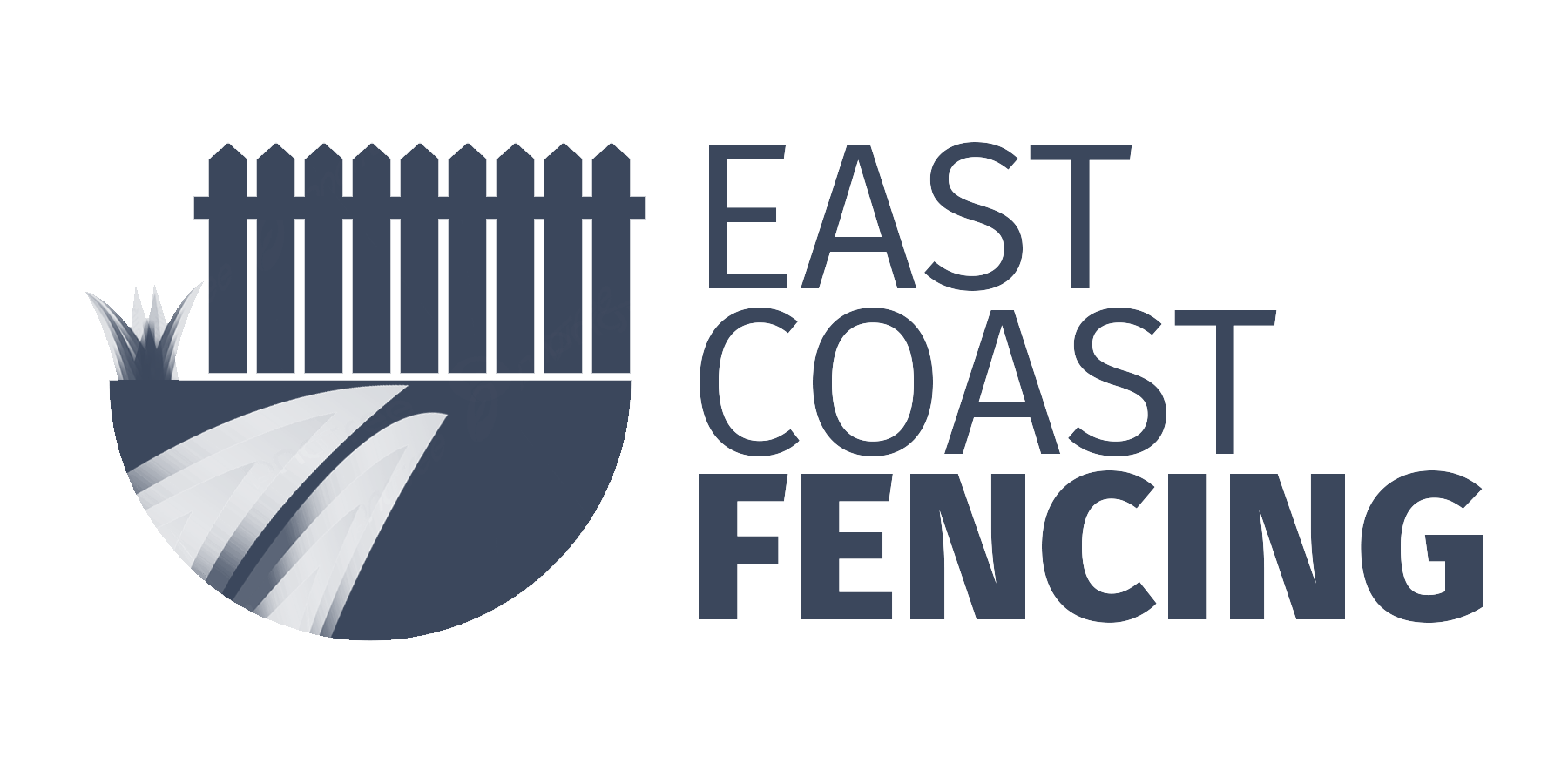Wooden or Composite Fencing? A Comprehensive Guide

When it comes to choosing fencing for your home, the debate between wooden and composite materials is one that stirs considerable interest among homeowners. Both options offer distinct advantages and potential drawbacks, shaped by factors like durability, maintenance, aesthetics, and environmental impact. This blog post aims to shed light on both wooden and composite fencing, helping you make an informed decision tailored to your property's needs and your personal preferences.
Wooden Fencing: Timeless Charm with Care
Wooden fencing, revered for its natural appearance and traditional charm, remains a popular choice in the UK. From classic picket fences to more private, solid panels, wood offers a versatility that easily complements a variety of garden styles. Here are some critical aspects to consider:
Advantages:
- Aesthetics: Wooden fences provide a warm, traditional look that ages beautifully over time. They can be painted or stained in any colour to match the garden's theme or the home's exterior.
- Cost-Effectiveness: Generally, wooden fences are more affordable upfront than their composite counterparts. They provide a cost-effective solution for those looking to enhance their garden's privacy and security without a hefty investment.
- Repairability: Wood is relatively easy to work with, making repairs straightforward. Individual boards or panels can be replaced without the need to overhaul the entire fence.
Drawbacks:
- Maintenance: To maintain its appearance and longevity, wood requires regular treatment to protect against rot, insects, and weather damage. This might include staining or painting every few years.
- Durability: While high-quality, treated wood can last many years, it is naturally more susceptible to the elements than composite materials, potentially leading to a shorter lifespan.
Composite Fencing: Modern Efficiency
Composite fencing, a blend of wood fibres and plastic, is designed to mimic the look of wood while offering enhanced durability and lower maintenance. It has gained popularity for its eco-friendly profile and resilience against the British weather.
Advantages:
- Durability and Low Maintenance: Composite materials are highly resistant to rot, insects, and weathering, requiring little more than a regular wash to keep them looking new. This resilience can lead to a longer lifespan compared to traditional wood.
- Eco-friendly: Many composite fencing products are made from recycled materials, reducing their environmental impact. For those keen on sustainability, it's a compelling choice.
- Aesthetics: Composite fencing offers a range of colours and finishes, with some products closely mimicking the natural grain and colour variations of real wood.
Drawbacks:
- Cost: The initial investment in composite fencing is typically higher than wood. However, when considering its longevity and reduced maintenance costs, it may prove more economical in the long term.
- Repair and Replacement: If a composite board becomes damaged, it may be more difficult to replace than a simple wooden board. The entire section might need to be replaced, potentially increasing repair costs.
Making Your Choice
Choosing between wooden and composite fencing comes down to balancing your priorities. If the natural charm and lower initial investment of wood appeal to you, and you don't mind the maintenance, a wooden fence could be a perfect choice. On the other hand, if you prefer a more modern material that withstands the elements with minimal fuss, and you're willing to invest upfront for longer-term gains, composite fencing might be your ideal solution.
Moving Forward
Regardless of your choice, it's wise to consult with fencing specialists who can offer tailored advice considering your garden's layout, the local climate, and your aesthetic preferences. They can provide insights into the best materials and styles for your needs, ensuring that your fencing enhances your property for years to come.
In conclusion, both wooden and composite fencing have their place in UK gardens, each offering unique benefits. By weighing these factors carefully, you're well-equipped to make a fencing choice that provides privacy, security, and beauty to your garden, aligning with your lifestyle and values.













Leave a Comment